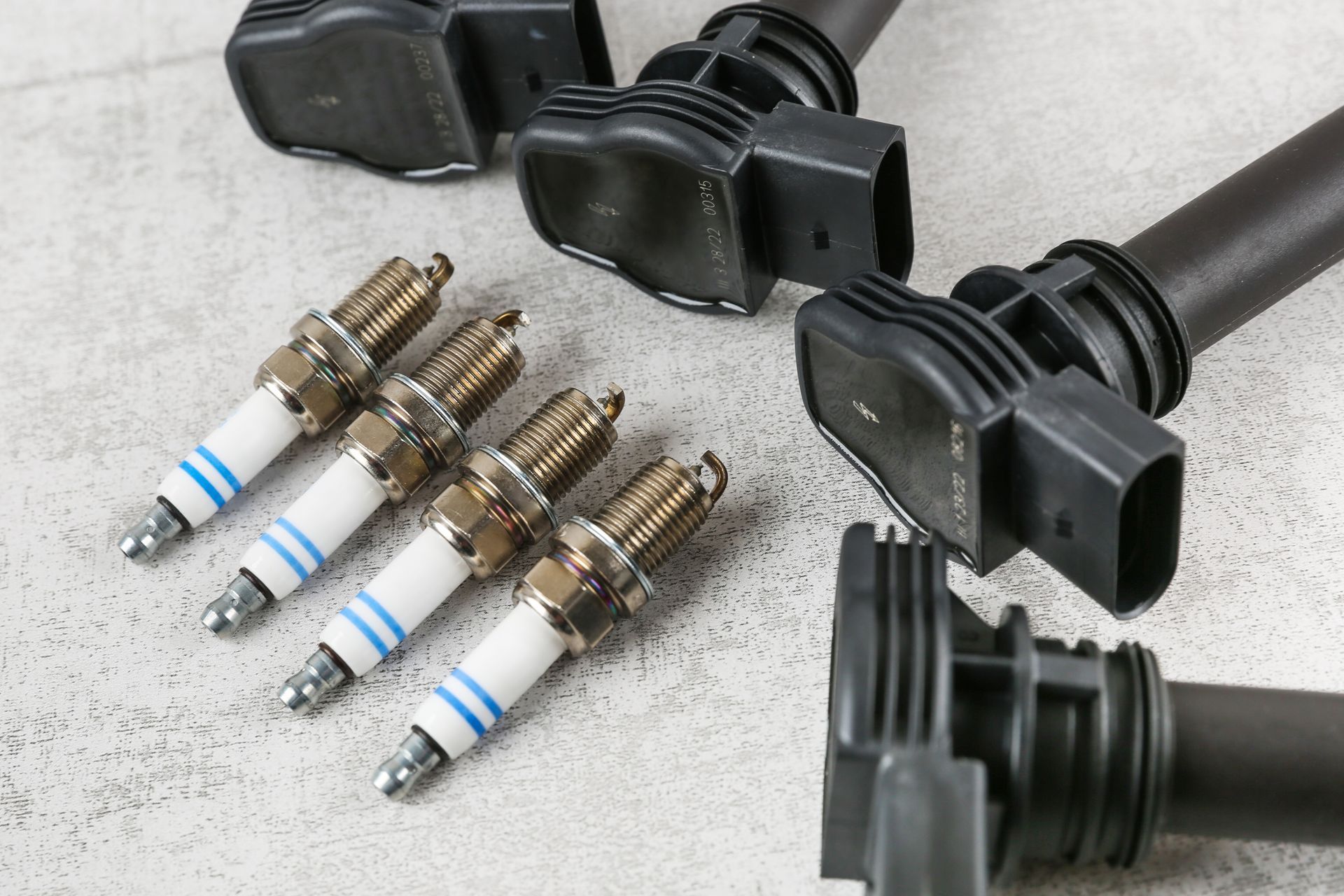Your car’s battery is one of the most critical components under the hood. Without it, your vehicle won’t start, and many of its essential electrical functions will fail. Yet, battery health is something most drivers don’t think about until they find themselves stranded in a parking lot with a car that won’t turn over.
Car batteries don’t last forever. Over time, they wear down, lose their ability to hold a charge, and eventually stop working altogether. The key to avoiding an unexpected breakdown is recognizing the early signs of a dying battery. If you know what to look for, you can replace it before it fails at the worst possible moment.
Warning Signs That Your Car Battery Is Dying
Car batteries typically last between three to five years, but several factors—including driving habits, weather conditions, and electrical use—can shorten their lifespan. Here are the most common signs that your battery is on its last legs.
Slow Engine Crank
One of the first things you’ll notice when your battery is failing is a sluggish start when you turn the key. If the engine hesitates or cranks more slowly than usual, it’s a clear indicator that your battery isn’t supplying enough power.
A healthy battery provides the necessary energy to get the starter motor going, but as the battery weakens, it struggles to deliver the power needed for a quick start. If your car is taking longer than usual to start, it may be time for a replacement.
Dashboard Warning Light
Most modern vehicles have a battery warning light on the dashboard that illuminates when there’s an issue with the charging system. While this light can indicate problems with the alternator or electrical connections, it often signals a weak or failing battery.
If you see this warning light, don’t ignore it. A quick test can confirm whether the battery is the culprit, allowing you to replace it before it leaves you stranded.
Electrical Issues and Dim Lights
A weak battery can’t supply enough power to all of your car’s electrical components, leading to noticeable issues. You may experience:
- Dim headlights or interior lights that flicker or lose brightness when you turn on other electronics.
- Slow or unresponsive power windows make it difficult to roll them up or down.
- Weakened radio and dashboard displays, with screens flickering or resetting unexpectedly.
- Since the battery powers these electrical features, a drop in performance is often a sign that the battery is struggling to hold a charge.
Frequent Need for Jump-Starts
If you’ve had to jump-start your car multiple times within a short period, that’s a major red flag. Batteries naturally lose charge over time, but a healthy battery should recharge while the engine is running. If your car repeatedly dies, the battery may no longer be holding a charge.
While other electrical issues—such as a faulty alternator—can also cause power loss, a failing battery is one of the most common reasons for repeated jump-starts.
How Weather Affects Your Battery Life
Extreme temperatures can have a significant impact on your car’s battery. In colder months, freezing temperatures slow down the chemical reactions inside the battery, making it harder to generate power. On the other hand, extreme heat can cause the battery fluid to evaporate, leading to internal damage and a shortened lifespan.
In places like Fairfax, VA, where seasons bring both hot summers and freezing winters, car batteries tend to wear out faster. If your battery is more than three years old, it’s a good idea to have it tested before seasonal temperature shifts put extra stress on it.
How to Check Your Battery’s Health
If you suspect your battery is failing, a simple voltage test can confirm its condition. Many auto shops offer free battery testing, or you can use a multimeter at home to check the voltage.
- A fully charged battery should read 12.6 volts or higher when the car is off.
- When the engine is running, the reading should be between 13.7 and 14.7 volts.
- If the voltage drops below 12.4 volts, your battery may be weak and in need of replacement.
Regular battery inspections can help you catch problems early and replace the battery before it completely fails.
When Should You Replace Your Car Battery
Even if your battery isn’t showing major signs of failure, it’s wise to replace it every 3-5 years as a preventative measure. A weak battery might still work under normal conditions, but as soon as temperatures drop or electrical demand increases, it could fail without warning.
If your car is showing multiple signs of battery failure, replacing it now can save you from the hassle of getting stranded. A new battery ensures your vehicle starts reliably and helps prevent unexpected electrical issues.
Not sure if your battery is still reliable?
Benz Elite Automotive in Fairfax, VA, offers professional battery testing and replacement services to keep your car running smoothly. Call us today to schedule an appointment!










